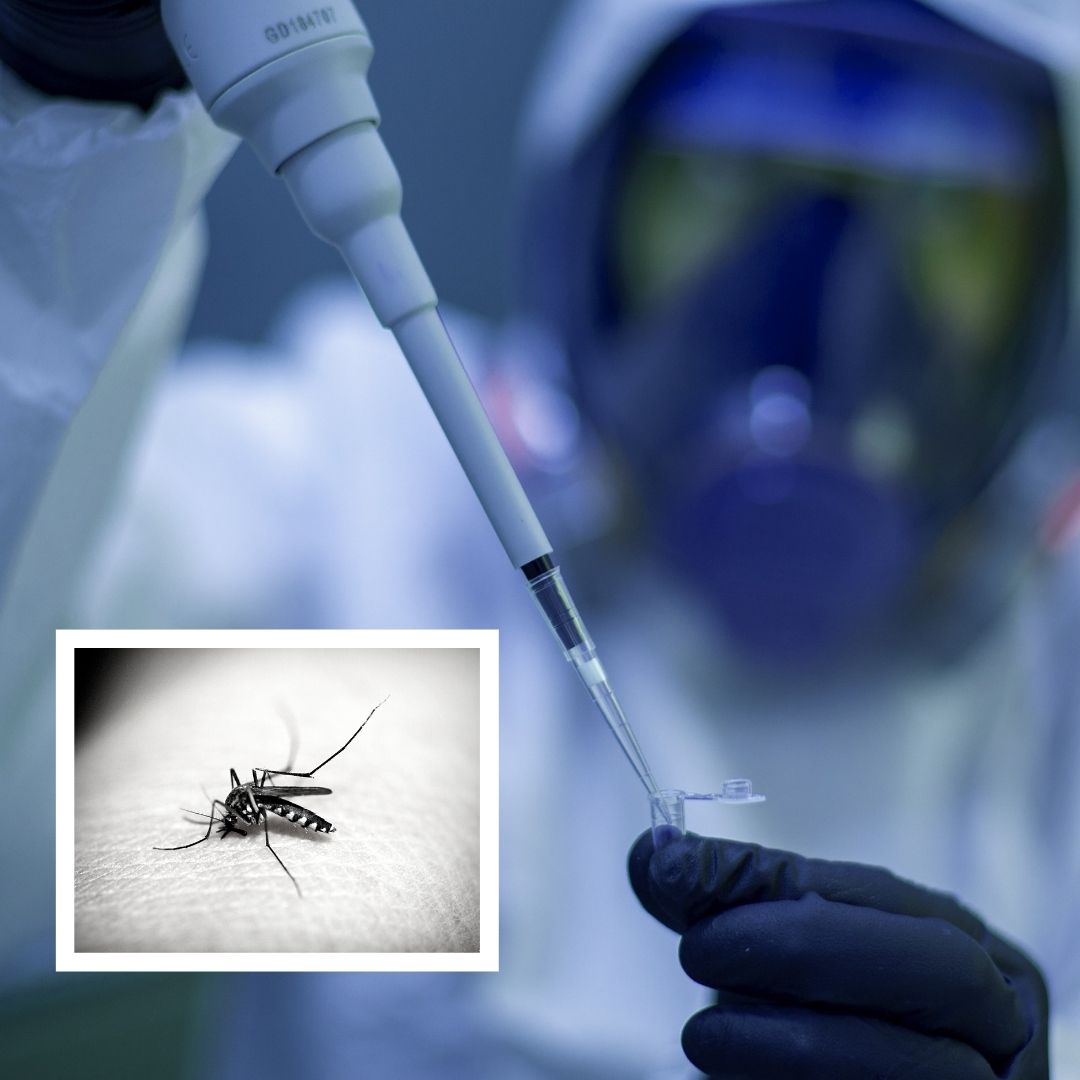'Historic Day': WHO Recommends Use Of World's First Malaria Vaccine
Writer: Shweta Routh
Shweta Routh 2nd year student of School of Mass Communication, KIIT University. Versed with 3 languages, secured 1st position in all over district, Hindustan Commerce Olympiad and also won the title of student of the year during her school time. She loves to make new friends and explore new things and is a strong believer of Karma.
Others/World, 7 Oct 2021 10:18 AM GMT
Editor : Palak Agrawal |
Palak a journalism graduate believes in simplifying the complicated and writing about the extraordinary lives of ordinary people. She calls herself a " hodophile" or in layman words- a person who loves to travel.
Creatives : Palak Agrawal
Palak a journalism graduate believes in simplifying the complicated and writing about the extraordinary lives of ordinary people. She calls herself a " hodophile" or in layman words- a person who loves to travel.
WHO Director-General Tedros Adhanom Ghebreyesus stated that using the vaccine in addition to existing malaria prevention tools could save tens of thousands of young lives each year.
Termed as a giant leap in protecting the well-being of kids across the globe, the World Health Organisation (WHO) on Wednesday, October 6, recommended the widespread use of the world's first malaria vaccine for children. It is being hailed as a breakthrough for "science, child health, and malaria control."
The RTS, S/AS01 malaria vaccine is being recommended based on the results from an ongoing pilot programme in Ghana, Kenya, and Malawi. The programme had commenced in 2019.
During a press conference on malaria vaccine recommendations, WHO Director-General Tedros Adhanom Ghebreyesus stated that using the vaccine in addition to existing malaria prevention tools could save tens of thousands of young lives each year.
"This is a powerful new tool, but it is not the only tool, as COVID-19 vaccines are. Malaria vaccination does not replace or reduce the need for other measures, such as using bednets or seeking medical attention for fever," the WHO chief said at a press conference, reported Hindustan Times.
"A Historic Day"
Tedros recalled his early days as a malaria researcher, wishing for the day when the world would have an effective vaccine against this "ancient and terrible disease."
Malaria is spread by the bites of infected female Anopheles mosquitos. The mosquito-borne disease causes fever, chills, and flu-like symptoms. Patients who do not receive prompt treatment may develop severe complications and die. According to the UN health agency, children under the age of five are the most vulnerable group to malaria.
Tedros stated that the world has made "incredible progress" in the fight against mosquito-borne disease over the last two decades. Still, that progress has stalled at an "unacceptably high level," with over 200 million cases and 400,000 deaths each year.
The vaccine pilot results showed that it "significantly reduces severe malaria, which is the deadly form, by 30%," according to Kate O'Brien, Director of WHO's Department of Immunization, Vaccines, and Biologicals, as reported by NDTV.
According to a WHO estimate, nearly half of the world's population was at risk of mosquito-borne disease in 2019, with Sub-Saharan Africa accounting for most cases and deaths.
The WHO stated, children in Sub-Saharan Africa and other regions with moderate to high malaria transmission should receive four doses up to the age of Two.
Malaria kills a child every two minutes, according to the WHO. According to Pedro Alonso, Director of the WHO Global Malaria Programme, malaria is estimated to cost more than $12 billion per year in Sub-Saharan Africa.
Also Read: "My Father's Spirit Is Alive", Says Daughter Of Kashmiri Hindu Pandit Killed By 'Terrorists'
 All section
All section














